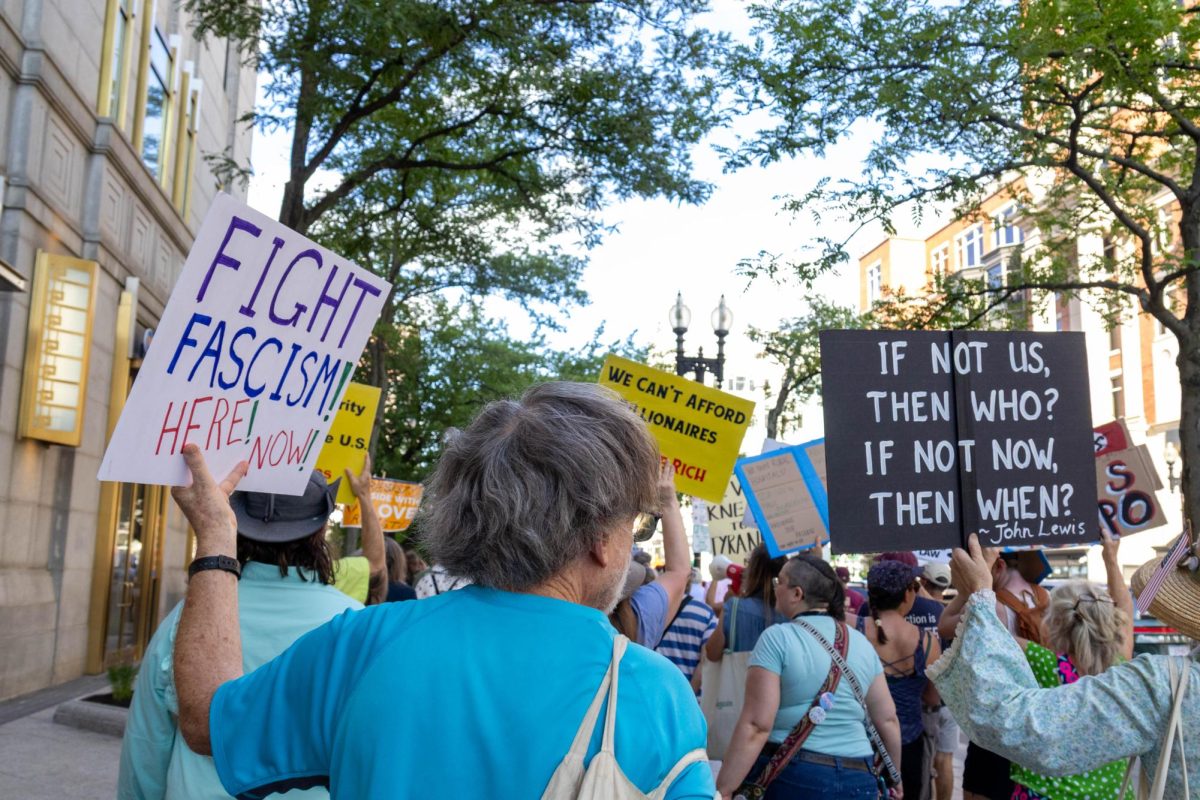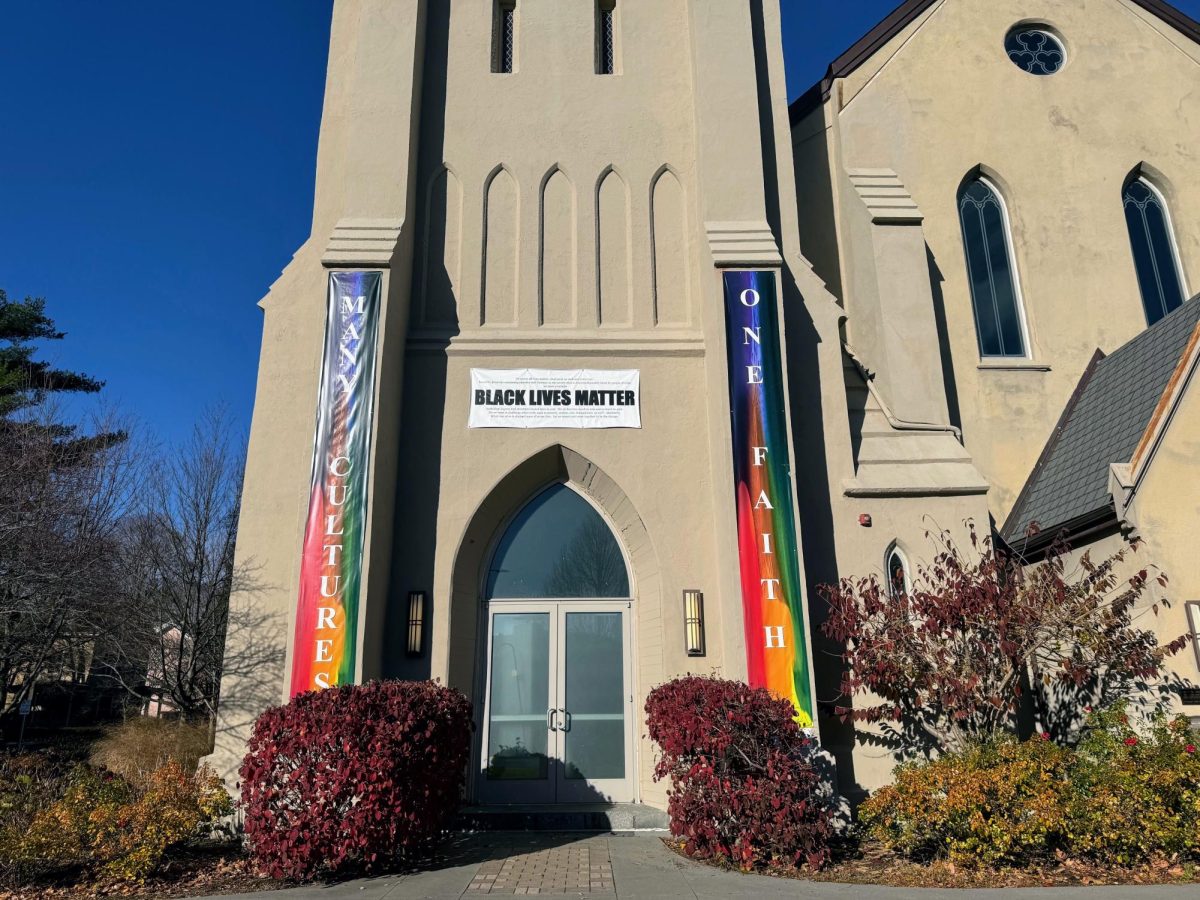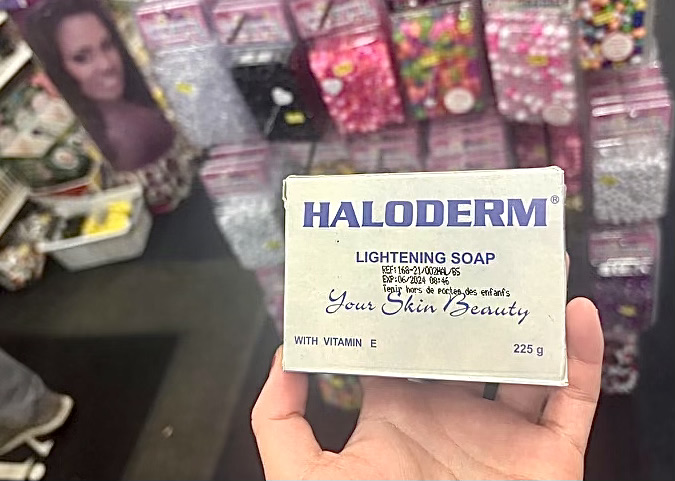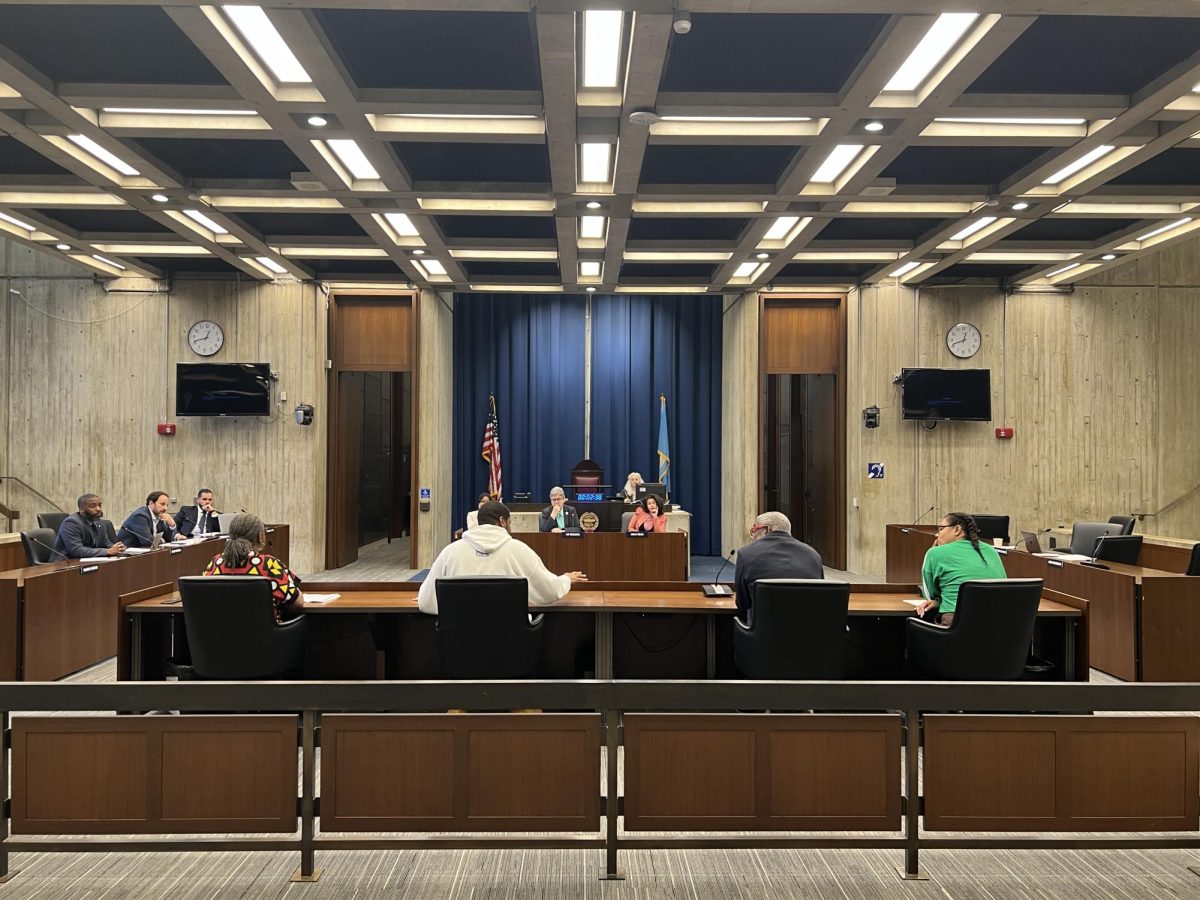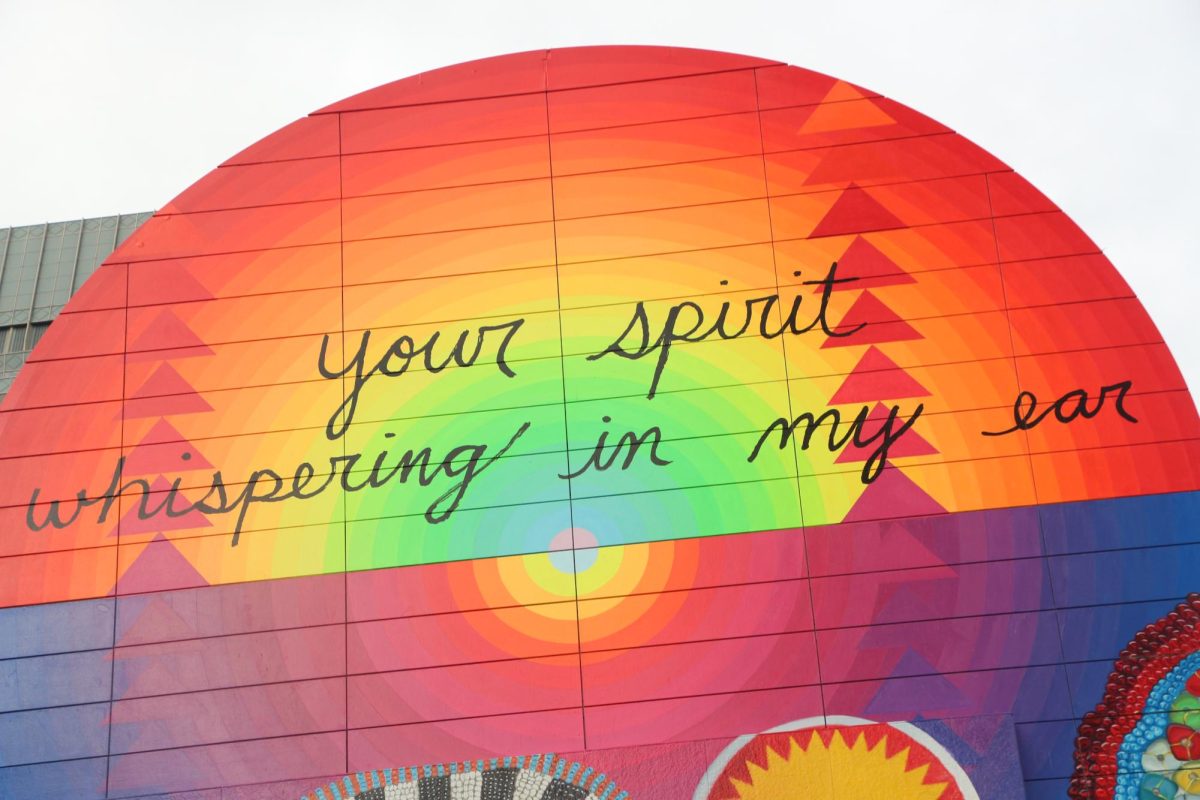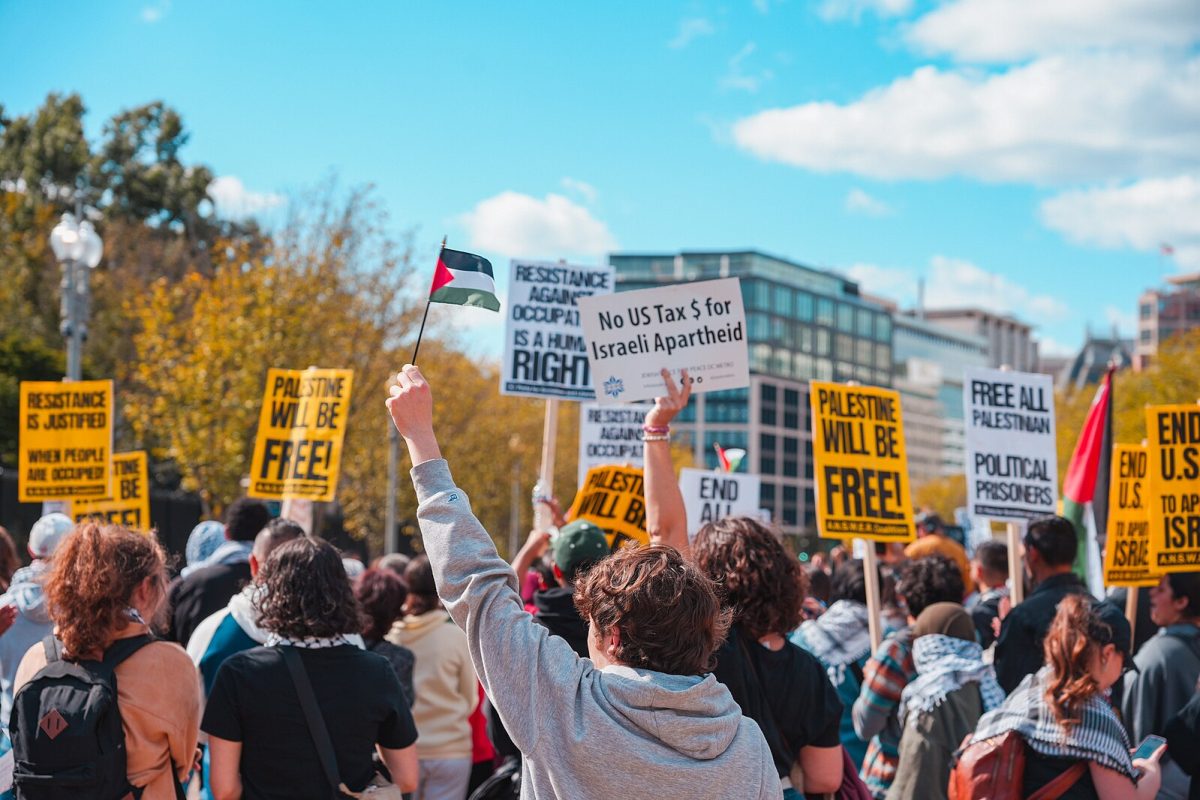Fields Corner in Dorchester is being rezoned as part of the City of Boston’s Squares + Streets new planning and zoning initiative, which aims to accurately reflect residents’ desires for the buildings and businesses in the area.
As part of the initiative, Squares + Streets hosted a zoning education workshop in Fields Corner last Wednesday. Residents had the opportunity to offer insight into what needs to be considered and included. The workshop’s organizers stated that local opinions are a critical aspect of the zoning initiative and will be taken into account throughout the process.
Squares + Streets is a recent initiative by the Boston Planning Department that will focus on adding, supporting and improving housing, public spaces, small businesses, arts and culture and transportation in neighborhood centers and along main streets in the city. The initiative plans to focus on small geographies and recommendations that can be implemented within the next 10 years.
The zoning amendments proposed by Squares + Streets will be one of the first steps toward shaping citywide zoning reform to address the ongoing housing crisis, according to their website.
The zoning education workshop brought a minimal but productive turnout on Wednesday evening. Four residents, local to Fields Corner, sat at tables splayed with infographics and ideas for the community, such as arts and culture or landscaping focus areas. An hour and a half presentation by members of the city’s Planning Department emphasized the need for updated zoning ordinances. They explained the existing context, development and impacts of zoning, as well as the city’s goals for Squares + Streets in Fields Corner.
The presentation highlighted that only 14% of current buildings in Fields Corner comply with their zoning rules. The residents agreed that this makes it difficult for the community to invest in itself and would like to change the regulations to be consistent with existing properties.
The last 30 minutes of the meeting were dedicated to hearing from the residents, who were passionate about including mixed-use buildings and affordable housing in the new zoning guide.
“Half of my neighbors can’t afford to live here anymore,” Ramona Lane, a longtime Dorchester resident, said in the workshop.
The Dorchester neighborhood is just one of many that may be eligible for Squares + Streets zoning following a community process. City officials are also considering neighborhoods including Allston Village, Roslindale Square and Brighton Center.
The zoning initiative will focus on what Squares + Streets calls “centers of activity in neighborhoods,” referring to the intersection between city transportation, major streets and the neighborhood.
Zoning is crucial to the life of a neighborhood. It controls the activities allowed on a property, the types of businesses that can operate, the amount of space a building can occupy, and more. While zoning itself doesn’t build or demolish anything, it serves as a guide and limits what people can legally build in specific areas.
Boston’s current zoning is outdated and renders almost everything that already exists technically illegal, according to members of the Planning Department. The size and shape of most buildings do not comply with their zoning guidelines, with 80% of existing properties in Field’s Corner being dimensionally inconsistent with current zoning rules, members of the Planning Department stated in the workshop.
The problem isn’t the buildings, it’s the zoning, explained members of the Planning Department.
The existing zoning in Fields Corner does not permit many common businesses that make up the neighborhood and serve the community. Restaurants that offer takeout, bars and live music, gyms and fitness centers, and barbershops and nail salons are among the businesses and activities not allowed by zoning, stated members of the City of Boston Planning Department.
“Fields Corner has everything that we need within arm’s reach — we have the bank, we have the grocery store, we have the clothing stores — we have each other. We have community rooms, community centers, you name it, we’ve got it; it’s time to make them legal,” said Lane in an interview with The Scope.



